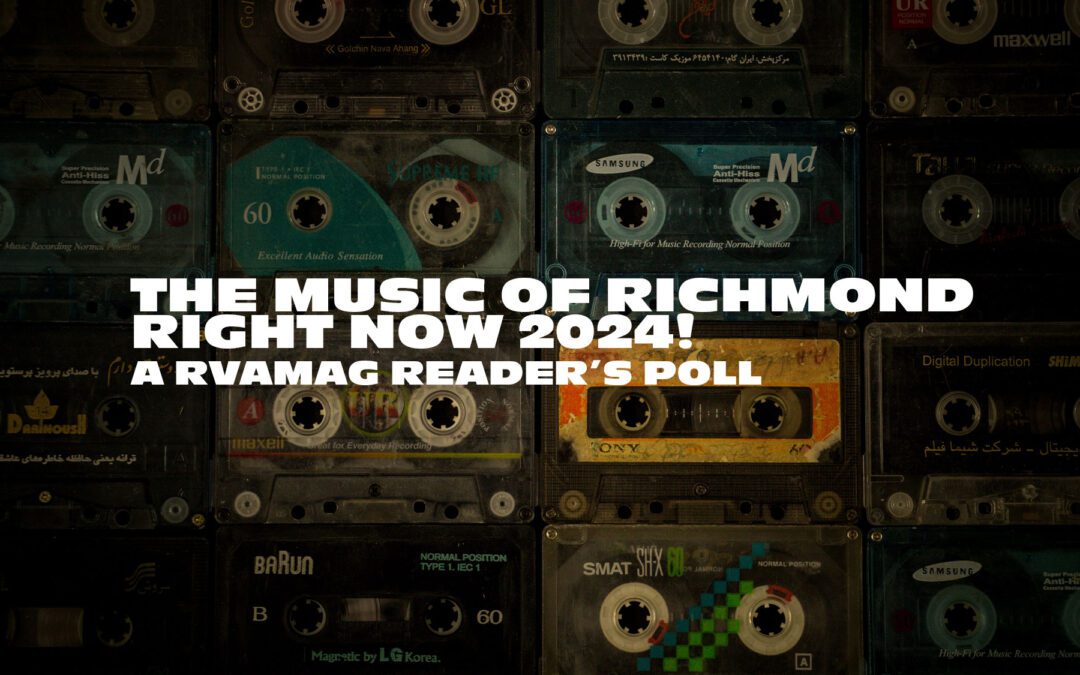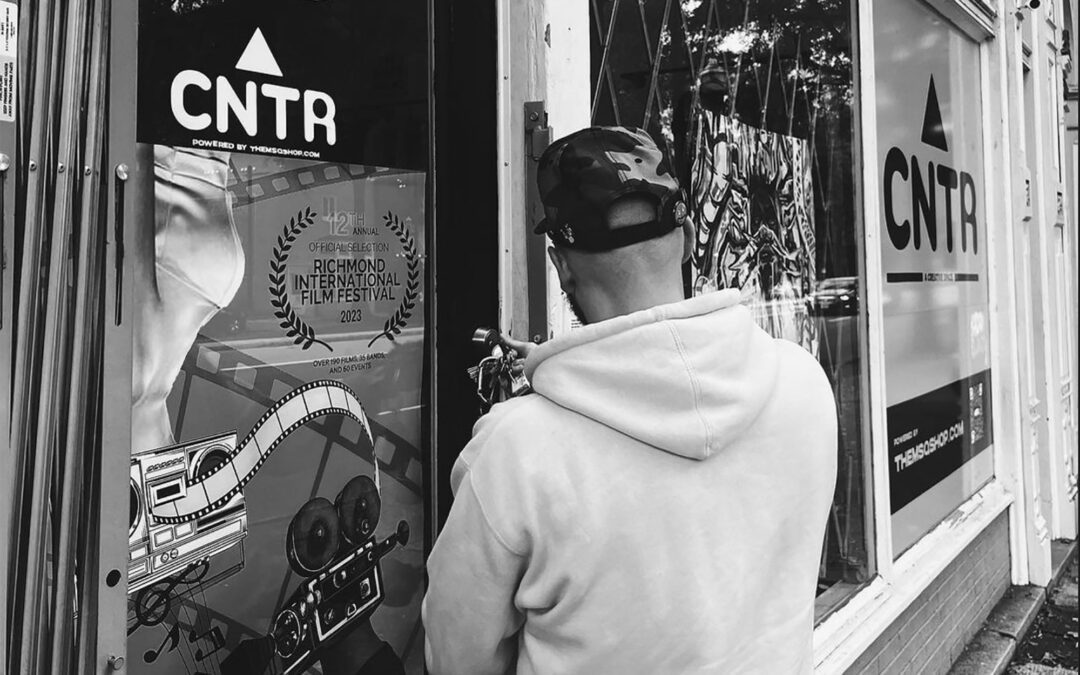When your friend from far away Portugal hits you up with a message like, "Have you seen this? Do you know this guy? He's from Richmond and he is all over TikTok!" you can't help but check it out. And when you discover it's Chandler Matkins, it's almost a given—of...





